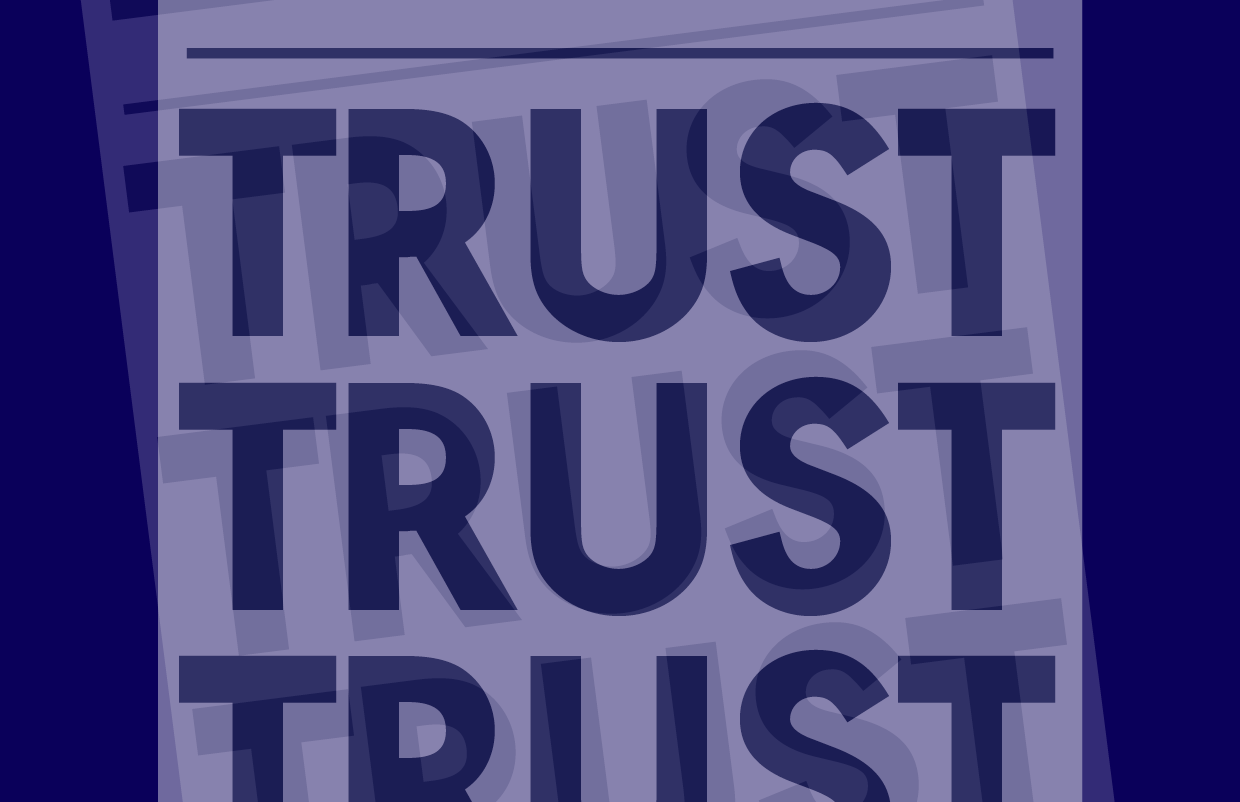Public and private sector actors must work together to adopt existing tech solutions for the crisis in trust, while fostering platforms for stronger stakeholder engagement and building more robust frameworks for legislation and self-regulation.
We all need the digital world, but what type of digital world do we want?
For some, the abstract nature and language of digital technology is too complex to truly understand. For others, the growth of technology and data use raises serious questions about ethics and participation.
This has triggered an erosion in trust in the internet, which has so swiftly become a necessary pillar of daily lives. Against this backdrop, the rapid adoption and innovation of digital during the COVID-19 pandemic has raised more questions about digital ethics, privacy and cyber security.
Unless private and public sector organizations – and individuals – act now to resolve these challenges, this crisis of trust will only accelerate, with consequences for our economies, people and planet.
Why is it so important to tackle this problem now?
Digital technologies have enormous economic potential and are critical in reaching the UN Sustainable Development Goals (SDGs). Yet, digital ethics challenges are already shaping our present and will determine our future social and economic interactions.
Let’s take AI, for instance – one of the most heavily invested-in technology families.
Recent research suggests that AI can support progress towards more than 130 of the 169 SDG targets. Crucially, the same investigation estimated AI could also become a hinderance to almost 60 of those targets.
The use of AI can also have tangible negative impacts in everyday lives. In the Netherlands, in a scandal dating back to 2012, 26,000 families were falsely accused of cheating the child welfare system, in part because of a discriminatory algorithm. This led to the resignation of Prime Minister Mark Rutte and his entire cabinet in January 2021.
The technology has also led to errors in law enforcement. In June 2020, a black man was wrongfully arrested by Detroit police because facial recognition software, powered by machine learning, incorrectly matched his face to that of a thief caught on grainy security camera footage.
These examples underline the complexity of the challenges that we face. Even when technology is “for our own good”, issues of trust remain. When technology is adopted as quickly as during the COVID-19 pandemic, we become part of the experiment – prone to all the mistakes that can happen when regulation lags behind innovation or development processes are imperfect.
Even the development of COVID-19 tracing apps – a crucial tool in helping to save lives and end the pandemic – has fallen foul of the crisis of trust.
Some saw these tracing tools as intrusive and complained about a lack of transparency about the use of data collected. Singapore’s app proved popular at first, with the promise that data would only be accessed if a user tested positive for the virus. However, trust in the app suffered after it was revealed that law enforcement could access data for their investigations.
From an ethical, economical, technological and legal viewpoint, rebuilding trust in digital is critical for business, sustainability and security. But, once trust is lost, it is difficult to regain. It follows, therefore, that the public and private sector must double down on finding effective solutions to rebuild trust before it is too late.
Four building blocks that demand attention
In this new white paper, based on discussions during the 50th St. Gallen Symposium, on “Trust Matters” (5-7 May 2021), we explore ways to stave off the looming crisis of trust in poorly understood digital technologies and the organizations that use them.
Drawing on expertise from big tech, other private sector voices, academia, next generation leaders and the public sector, the roundtable shared viewpoints and possible solutions across four building blocks: individual, technological, organizational and societal.
The white paper, titled “Strengthening trust in technology when it matters the most”, summarizes these diverse insights to inform the public debate around the complex trade-offs and challenges spanning these four interdependent blocks.
While views often differed, on one point there was consensus: Without a stronger level of cooperation and open dialogue between private and public sector actors, we are unlikely to find meaningful solutions and the crisis of trust could gain momentum.
Download the white paper here.





 Audio available
Audio available